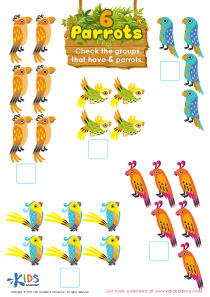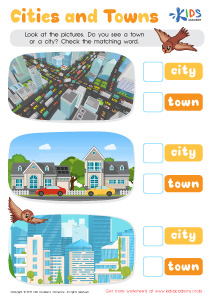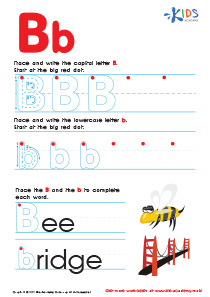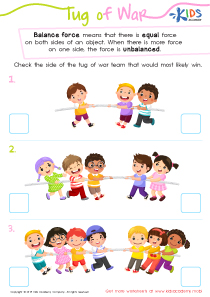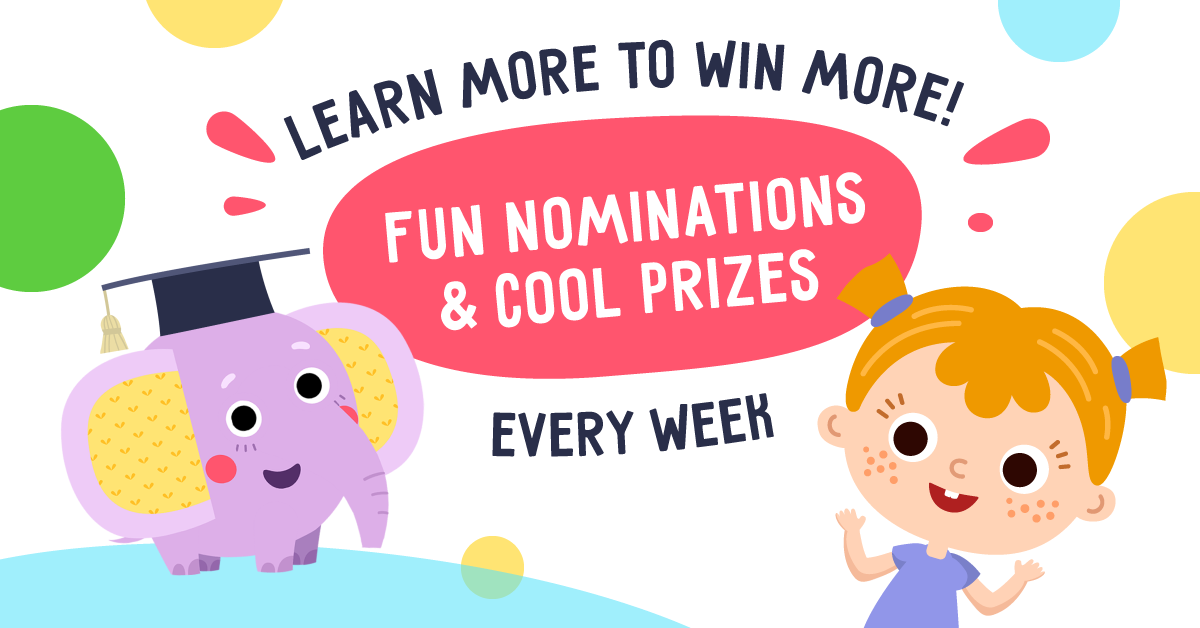Normal Word Relationships and Nuances Quizzes for Ages 6-7
2 results
2 filtered results
Clear all filters2 filtered results
-
From - To
Dive into the delightful world of language with our "Normal Word Relationships and Nuances for Ages 6-7" interactive assessment quizzes! Designed specifically for young learners, these quizzes offer a fun and engaging way to explore how words connect and differ in meaning. Children will embark on a fascinating journey to understand synonyms, antonyms, and slight differences in word usage through a series of thoughtful questions and instant feedback. Perfect for honing their language skills, these quizzes not only check knowledge but also enhance understanding and appreciation of the subtle nuances of English. Join us and unlock the magic of words today!
In the foundational years of education, particularly for children ages 6-7, developing a strong grasp of language is paramount. At this critical stage, engaging tools and resources are essential for fostering a love for learning and a solid understanding of language concepts. This is where our Normal Word Relationships and Nuances for Ages 6-7 interactive quizzes play a pivotal role. Designed specifically with young learners in mind, these quizzes offer a unique blend of fun and education, effectively supporting children in their studies and overall language development.
Understanding normal word relationships and nuances is not just about expanding vocabulary. It's about diving deeper into the essence of language, learning how words connect, differ, and influence each other within the context of sentences and stories. For children ages 6-7, this understanding is crucial as it lays the foundation for reading comprehension, creative writing, and effective communication. Our interactive quizzes are crafted to make this learning process both enjoyable and impactful.
One of the key benefits of our Normal Word Relationships and Nuances for Ages 6-7 quizzes is their interactive nature. Unlike traditional learning methods, which may fail to capture the fleeting attention spans of young children, our quizzes are designed to be engaging and interactive. This means that children are not just passive recipients of information but active participants in their learning journey. Through a series of thoughtfully constructed questions and exercises, children are encouraged to think critically about word relationships and nuances, thereby deepening their understanding and retention of the material.
Moreover, the quizzes are structured in a way that caters to the diverse learning paces and styles of children. Every child is unique, and our quizzes acknowledge this by offering various levels of difficulty and a wide range of question types, from multiple-choice to matching exercises. This personalized approach ensures that all children, regardless of their starting point, can benefit from and feel successful in their learning journey.
Another advantage of our Normal Word Relationships and Nuances for Ages 6-7 quizzes is their ability to provide immediate feedback. This instant reinforcement helps children to quickly grasp concepts and learn from their mistakes, turning potential frustrations into valuable learning moments. The interactive quizzes not only highlight the correct answers but also offer explanations, further enriching the learning experience.
Furthermore, these quizzes are an excellent tool for parents and educators to track the progress of their children or students. Through detailed score reports and analytics, adults can identify areas of strength and opportunities for further development, allowing for targeted support and encouragement.
In conclusion, our Normal Word Relationships and Nuances for Ages 6-7 interactive quizzes stand out as a highly effective and engaging tool for children in their formative years of education. By combining fun, interactivity, and educational rigor, these quizzes offer a comprehensive solution for young learners to explore and understand the intricacies of language. As children navigate through the quizzes, they not only build a robust vocabulary but also develop critical thinking and communication skills that will serve them well beyond their early years of learning.
